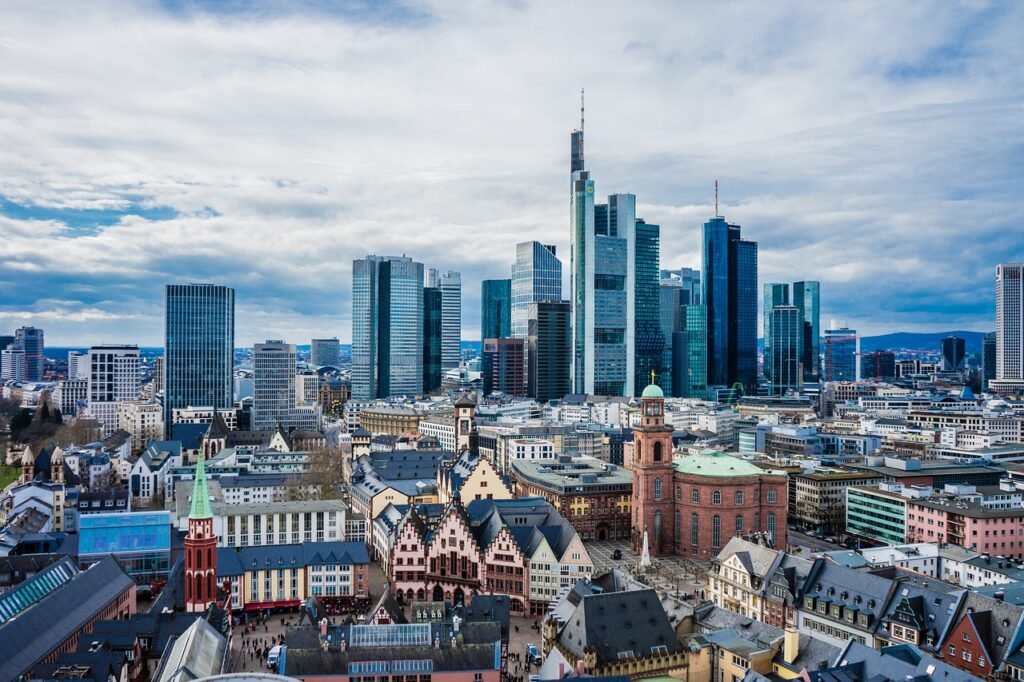In the complex world of finance and investing, one group plays a crucial role in steering large sums of money: investment fund managers. Whether you’re an individual investor, a company, or even a government agency, chances are you’ve indirectly entrusted some of your capital to these professionals. But who exactly are fund managers, how do they operate, and why are they essential to the investment ecosystem?
In this article, we’ll break down what fund managers do, the different types of investment funds they manage, and how they impact the financial markets—and your money.
What Is a Fund Manager?
A fund manager (also known as a portfolio manager or asset manager) is a financial professional or entity responsible for investing pooled capital from clients—be it individuals, institutions, or governments—into various financial instruments. Their job is to maximize returns, manage risks, and follow the investment strategy outlined in the fund’s mandate.
Fund managers typically work for:
- Asset management firms
- Investment banks
- Pension funds
- Private equity and venture capital firms
- Sovereign wealth funds

Main Responsibilities of Fund Managers
- Asset Allocation – Deciding how to divide capital among stocks, bonds, real estate, cash, etc.
- Security Selection – Choosing which specific investments to buy or sell.
- Risk Management – Diversifying assets and using tools like derivatives to mitigate potential losses.
- Research & Analysis – Conducting financial and economic research to inform decisions.
- Performance Monitoring – Tracking investments and rebalancing portfolios as needed.
- Reporting – Regularly updating investors on performance, strategy, and changes.
Types of Fund Managers and Their Focus Areas
1. Mutual Fund Managers
- Handle diversified funds for retail investors
- Tend to follow conservative or balanced strategies
- Often regulated more strictly
2. Hedge Fund Managers
- Operate with fewer restrictions
- Use aggressive strategies (short selling, leverage, derivatives)
- Target high-net-worth individuals and institutions
3. Private Equity (PE) Managers
- Invest in private companies or buy out public companies
- Focus on long-term value creation
- Typically lock up investor money for several years
4. Venture Capital (VC) Fund Managers
- Specialize in early-stage startups with high growth potential
- High risk, high reward
- Often provide mentoring in addition to funding
5. Exchange-Traded Fund (ETF) Managers
- Manage funds that mirror indexes like the S&P 500 or EURO STOXX 50
- Passive management is common but active ETFs are growing
6. Pension and Sovereign Fund Managers
- Operate with long-term horizons
- Risk-averse, highly diversified portfolios
- Invest on behalf of public entities

Who Are Some of the Top Fund Managers in the World?
Here are a few major names that dominate the fund management landscape:
| Firm | Country | Assets Under Management (AUM) |
|---|---|---|
| BlackRock | USA | $9.1 trillion |
| Vanguard Group | USA | $7.7 trillion |
| Fidelity | USA | $4.3 trillion |
| Amundi | France | $2.0 trillion |
| UBS Asset Management | Switzerland | $1.6 trillion |
| Allianz Global Investors | Germany | $650 billion |
| AXA Investment Managers | France | $850 billion |
| NN Investment Partners | Netherlands | $300+ billion |
These firms employ hundreds or thousands of fund managers globally, overseeing a wide variety of investment vehicles across markets.

How Fund Managers Make Money
Fund managers typically earn income from:
- Management Fees (usually a % of AUM)
- Performance Fees (often a % of profit generated)
- Incentive Structures for outperforming benchmarks
For example, a hedge fund may charge “2 and 20” – 2% management fee + 20% of any profits.
Why Are Fund Managers Important?
- Capital Efficiency – They pool money, allowing small investors to access big markets.
- Expertise – They have tools, resources, and data the average investor does not.
- Liquidity – Most funds offer easier entry/exit options compared to direct investing.
- Diversification – Reduces risk by spreading investments across sectors or geographies.
- Stability – Institutional involvement helps smooth out market volatility.

How to Choose a Fund Manager
When investing through a fund, consider:
- Past performance (though not a guarantee)
- Investment philosophy
- Fee structure
- Transparency and reporting
- Regulatory compliance
You can find detailed profiles of fund managers through financial platforms like Morningstar, Bloomberg, or directly through fund prospectuses.
Fund Management in the European Union
The EU has a well-regulated fund management landscape, governed by:
- UCITS (Undertakings for the Collective Investment in Transferable Securities)
- AIFMD (Alternative Investment Fund Managers Directive)
These frameworks ensure investor protection, standardization, and transparency across borders. Key EU-based fund managers include Amundi (France), DWS (Germany), and Nordea (Nordics).

Conclusion
Fund managers are the financial architects behind billions—sometimes trillions—of euros, dollars, and yen. Understanding who they are, what they do, and how to evaluate them is key for anyone serious about investing. Whether you choose a mutual fund, ETF, hedge fund, or private equity vehicle, a professional fund manager likely stands behind your capital decisions.
For smart digital infrastructure and support for your financial or investment platform, visit Rakuzan.eu.
For reliable and scalable hosting options for your fund analytics, dashboards, or fintech projects, we recommend Hostinger.
Disclaimer: This article is for informational purposes only and does not constitute financial, tax, or investment advice. Readers should consult with a licensed professional before making any financial or business decisions.





